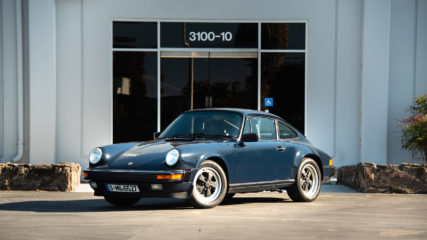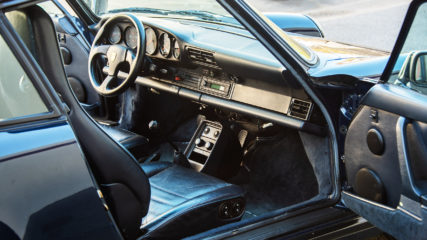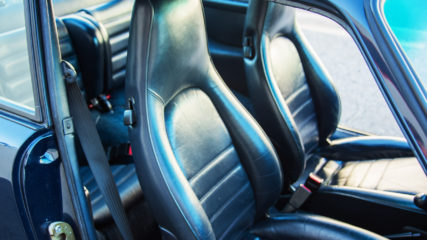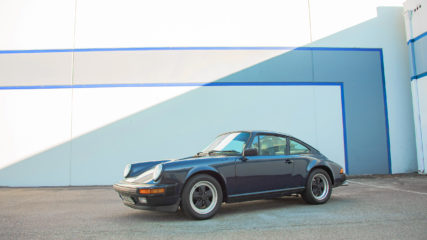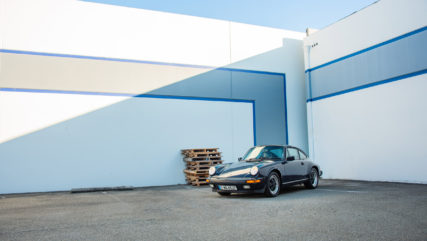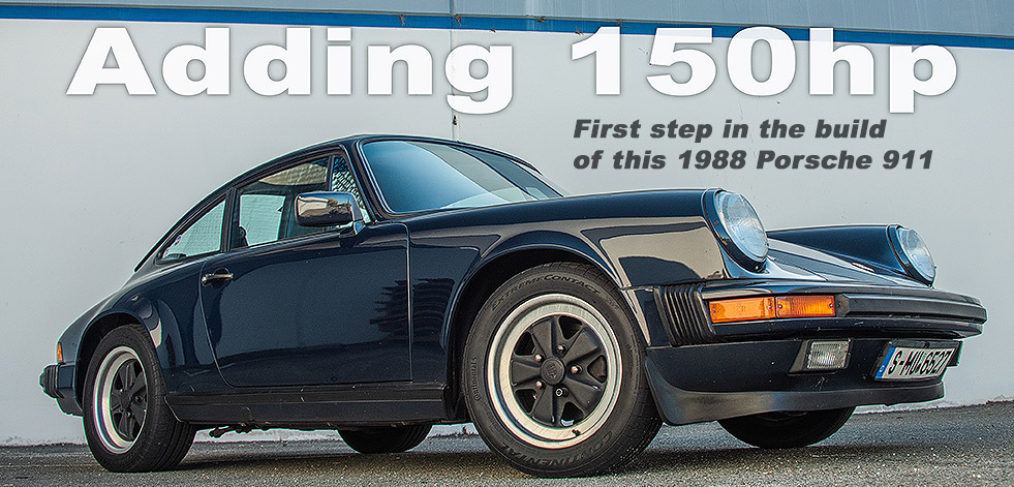
Adding 150hp Hybrid Horsepower to an Air-Cooled Porsche 911
Building a Smart Street Monster with Manners
In recent months we have been immersed in development of our much-anticipated air cooled Porsche version of Shadow Drive. Well, the time has come to move off of Solid Works and into solid work on actual cars. To that end, we are providing a sneak peek of the 1988 C2 911 that will serve as our forthcoming demo car.
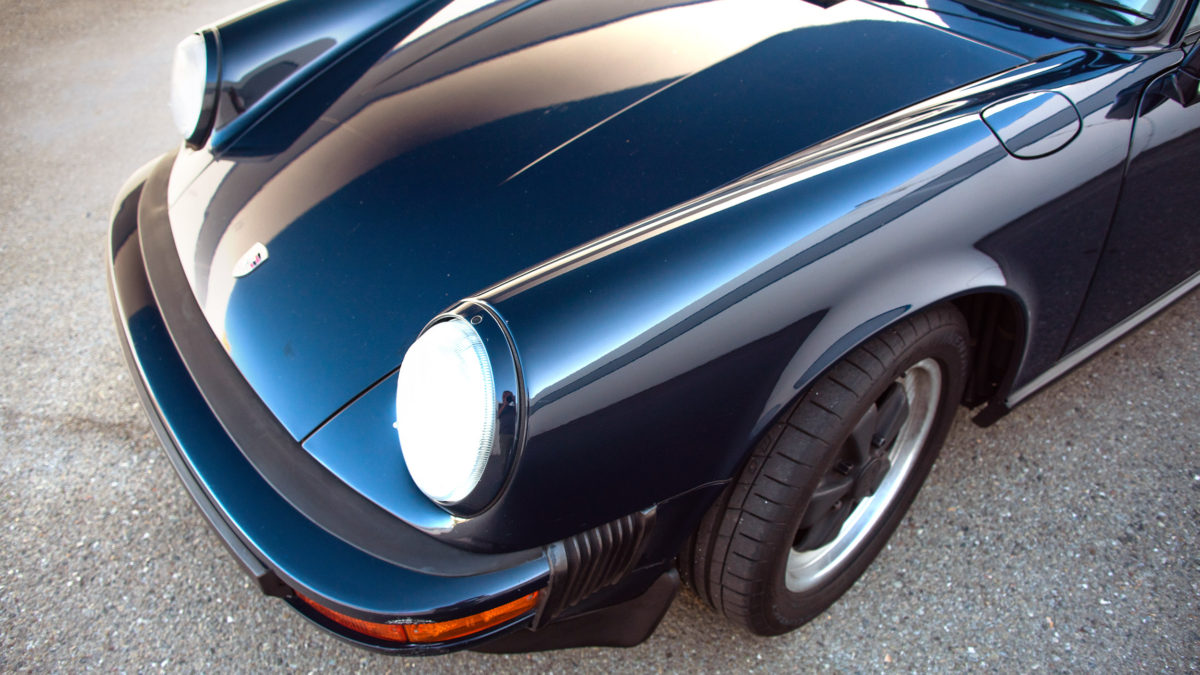 This is a car of humble origins: no fire breathing turbo, no rare and desirable options packages. What makes it special will be how it builds power through electric assist.
This is a car of humble origins: no fire breathing turbo, no rare and desirable options packages. What makes it special will be how it builds power through electric assist.
The G-Body 911 was a force to be reckoned with in its day. Back in the late 80s a car like this would have sat at or near the top of the performance food chain. Today, some thirty years on, there are minivans that can outrun it. Yet, it’s charm is undeniable. The airy greenhouse relative to modern 911s, the analog and tactile driving experience, and of course, it’s classic good looks secure its place in the hearts and minds of Porsche aficionados. What it lacks in outright thrust it makes up for in spades elsewhere. Which begs the obvious question of what if it didn’t have to make excuses for itself in acceleration. Could a 911 like this reclaim its proper standing as the ruler of the streets and track alike? … Enter Vonnen’s Shadow Drive performance hybrid technology.
Shadow Drive provides the unique opportunity to preserve and maintain the classic 911s integrity without incurring the penalty of decreased engine life or increased noise, vibration and harshness. Like Vonnen’s water cooled 911 applications, the performance will act like a shadow layer, seamlessly integrating into the driving dynamics of the car’s existing character.
…and yet… there are some important differences from the water cooled applications that Vonnen has showcased to date.
For starters, unlike our PDK builds, this G-Body features the ubiquitous and robust G50 manual transmission, found across a number of Porsche models.
Another important difference is whereas late model water-cooled cars use a modern CANBUS architecture, this humble G-Body car is not only pre-CANBUS, it’s even pre-OBD2. In practice, this means implementing and configuring sensors needed to detect things like throttle position, brake pressure, and host of other variables needed for ShadowDrive to do its shadowing. Shadow Drive needs to see what the car is doing in real time so that it can apportion power assist and regen at the appropriate times and in the appropriate measures.
Beyond that, this air-cooled car is now 32 years old, and like many 32 year olds, is eager to recapture a bit of its youth. In this case that means, that means the kinds of complimentary upgrades to suspension, brakes, and appearance commonly applied to cars of this vintage to help bring them up to modern day performance standards. More than a showcase for raw power, this car is envisioned to be an all-rounder, capable of demonstrating balanced acceleration, braking and handling characteristics.
Will this be an all-out track monster? Not likely. This is the kind of car someone would build if they wanted the looks, sounds, and tactile experience of a classic 911 but with the performance of high-spec modern day 911 to match. In the pics below you’ll see the car broken down into its component parts over a period of time. Note that this is not representative of the Shadow Drive installation process, which normally takes about a week and is more akin to a clutch replacement. In this case, we are in equal parts providing a behind-the-scenes glimpse into how the Shadow Drive components are engineered as well as using the opportunity to mechanically refresh a car that has already lived a long life and seen in excess of 100,000 miles of use.
So stay tuned to this space as we reveal exclusive behind-the-scenes glimpses of how this German sausage is made.

